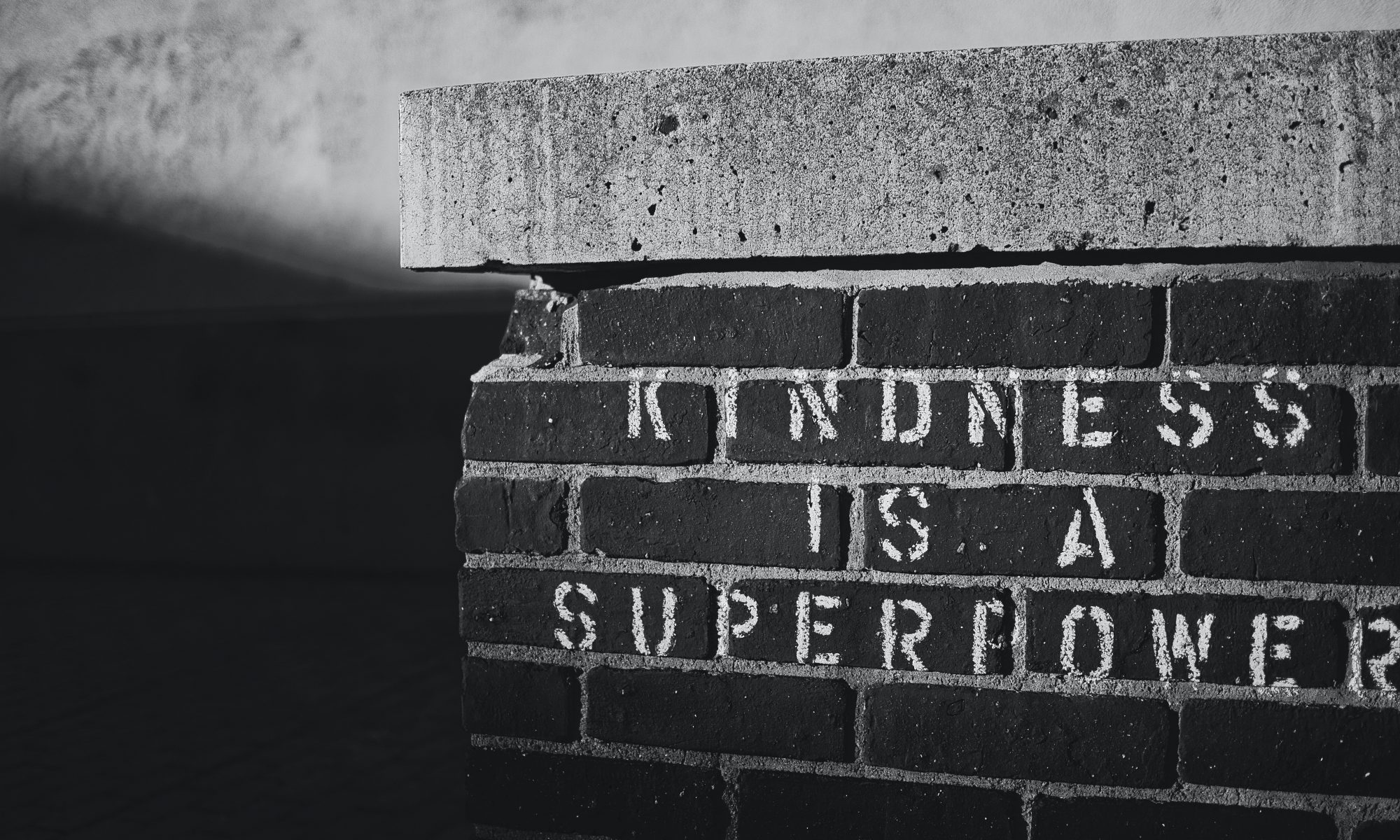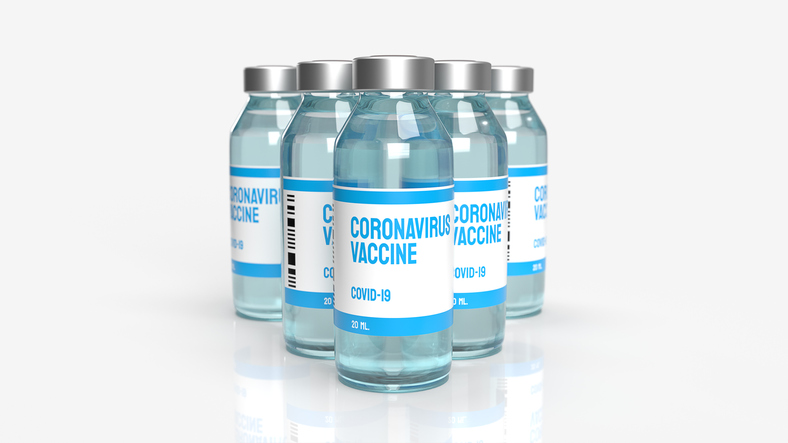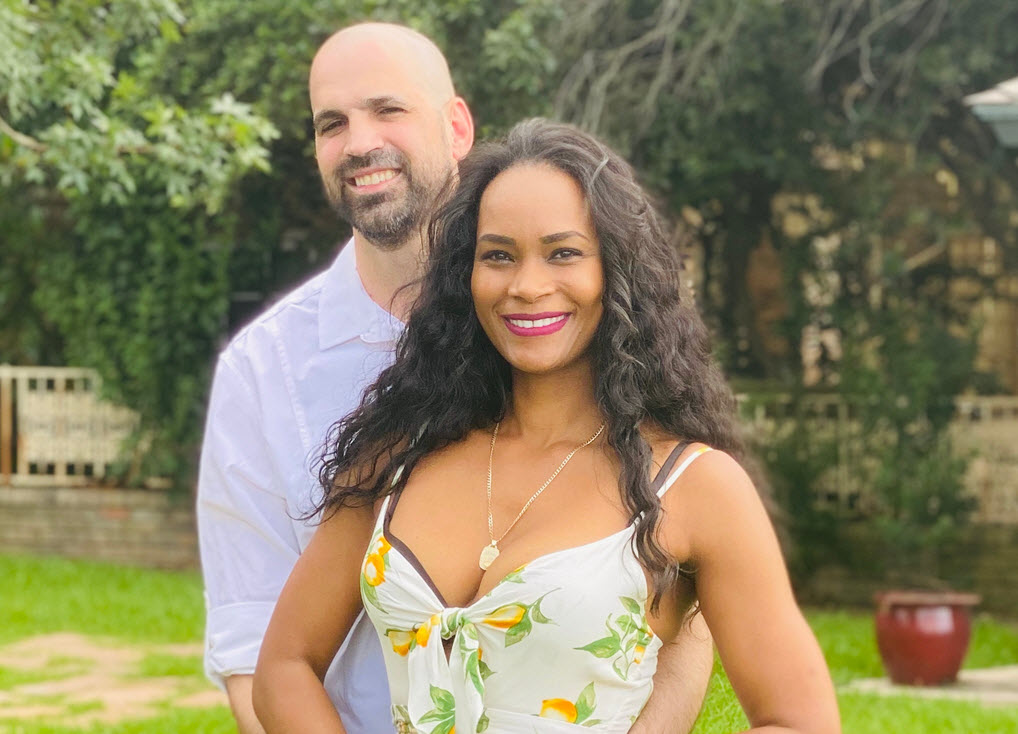As the world continues to battle with a staggering pandemic that understandably has captured nearly every aspect of medical news, millions of people fight battles as before with major illnesses like cancer and heart disease. Among the many Americans currently suffering from potentially fatal medical conditions are those waiting for kidney, liver, or other organ transplants.
My dad Dick and aunt (and godmother) Deb are two of them. My family suffers from Polycystic Kidney Disease or PKD, a genetic disorder that reduces kidney function. Nearly half of those with PKD have kidney failure by age 60, and my father and aunt are in end-stage renal failure now. They are on the transplant list awaiting new kidneys. Read more.








